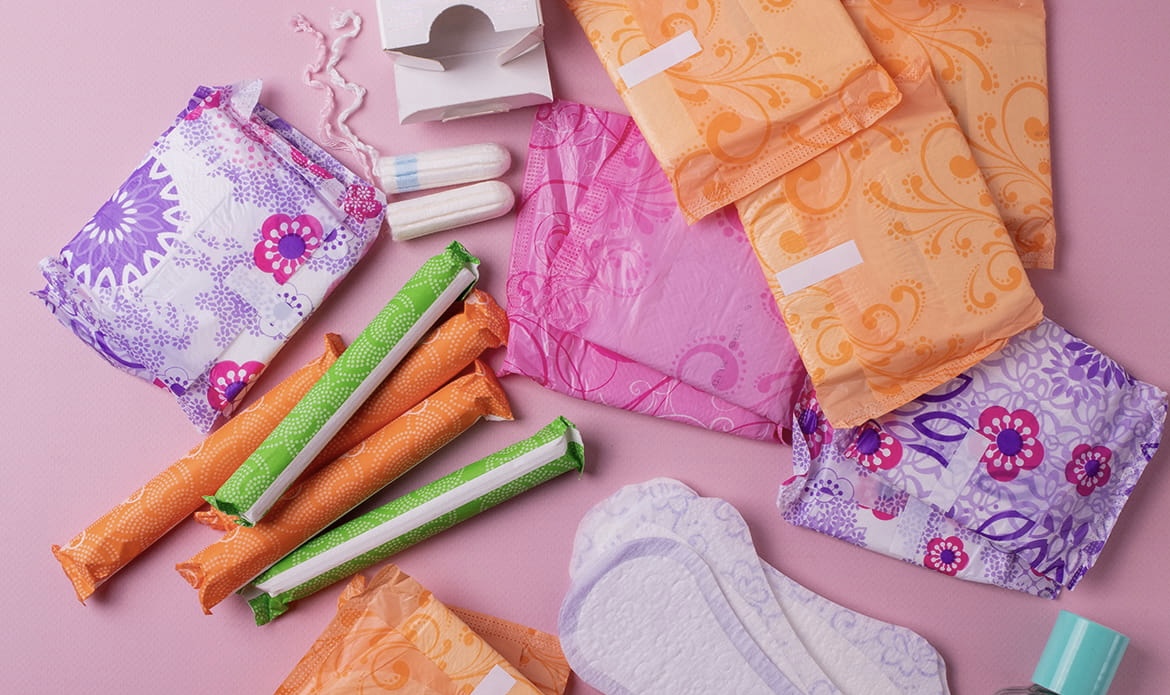Georgetown, August 9, 2025 — In a significant move toward improving women’s health and reducing economic barriers, President Dr. Mohamed Irfaan Ali announced that all taxes on sanitary products will be lifted. Speaking this evening at a People’s Progressive P…
Why it matters
- The elimination of taxes on sanitary products aims to enhance access to essential items for women across the nation.
- This decision addresses economic disparities that have long affected women's health and hygiene.
- It represents a progressive step in health policy, signaling the government's commitment to supporting women's rights and health.
In a landmark announcement that is set to transform the landscape of women's health in Guyana, President Dr. Mohamed Irfaan Ali revealed on August 9, 2025, that all taxes imposed on sanitary products will be abolished. The announcement was made during a gathering of the People's Progressive Party, where the President emphasized the government's dedication to improving the quality of life for women within the country.
The initiative is a part of a broader commitment by the Ali administration to address the numerous challenges that women face in accessing essential health products. By removing the financial burden associated with sanitary items, the government aims to ensure that every woman has access to the hygiene products she needs, without the added stress of tax implications. This move is particularly significant given the ongoing discussions around women's health and economic challenges faced by many households.
During his address, President Ali highlighted the importance of women's health as a fundamental aspect of national development. He stated, “Women’s health is a priority for our government. By lifting these taxes, we are taking a major step towards ensuring that women have the resources they need to manage their health effectively.” The President also noted that this decision is not merely a financial adjustment; it is a recognition of the vital role that women's health plays in the overall health of society.
The removal of taxes on sanitary products is expected to have a profound impact on women from various socioeconomic backgrounds. Many women in Guyana have faced challenges in affording basic hygiene products, and the tax alleviation is likely to improve access significantly. Health advocates have long argued that the financial burden of sanitary products can lead to adverse health outcomes, and this policy change is seen as a progressive response to those concerns.
Furthermore, this decision aligns with global trends where governments are increasingly recognizing the importance of menstrual health management and the need to break down barriers that impede access to sanitary supplies. Countries around the world have taken similar steps to eliminate taxes on these essential products, and Guyana's initiative places it alongside these nations in prioritizing women's health.
In addition to the immediate benefits of improved access to sanitary products, the policy change is expected to stimulate local economies. By reducing the cost of sanitary supplies, the government anticipates that more women will purchase these products, thereby boosting sales for local businesses. This economic ripple effect can contribute to job creation and support local manufacturers, which is an added benefit of the tax removal.
The announcement has been met with widespread approval from health organizations, women's rights advocates, and the general public, who view it as a significant victory in the ongoing fight for gender equality and women's health rights. Many activists have expressed optimism that such a bold move will inspire further reforms aimed at improving women's health and wellbeing in Guyana.
In the coming weeks, the government plans to outline the implementation process for the tax removal and how it will affect prices in local markets. The Ministry of Health will also be tasked with ensuring that there is adequate supply and distribution of sanitary products to meet the anticipated increase in demand.
As the nation moves forward with this initiative, President Ali's government is poised to continue engaging with citizens, particularly women, to assess the effectiveness of this policy change and to explore additional measures that can further enhance women's health. This moment marks a significant turning point in Guyana's approach to public health policy, and it underscores the importance of addressing the unique challenges that women face in accessing essential health resources.











